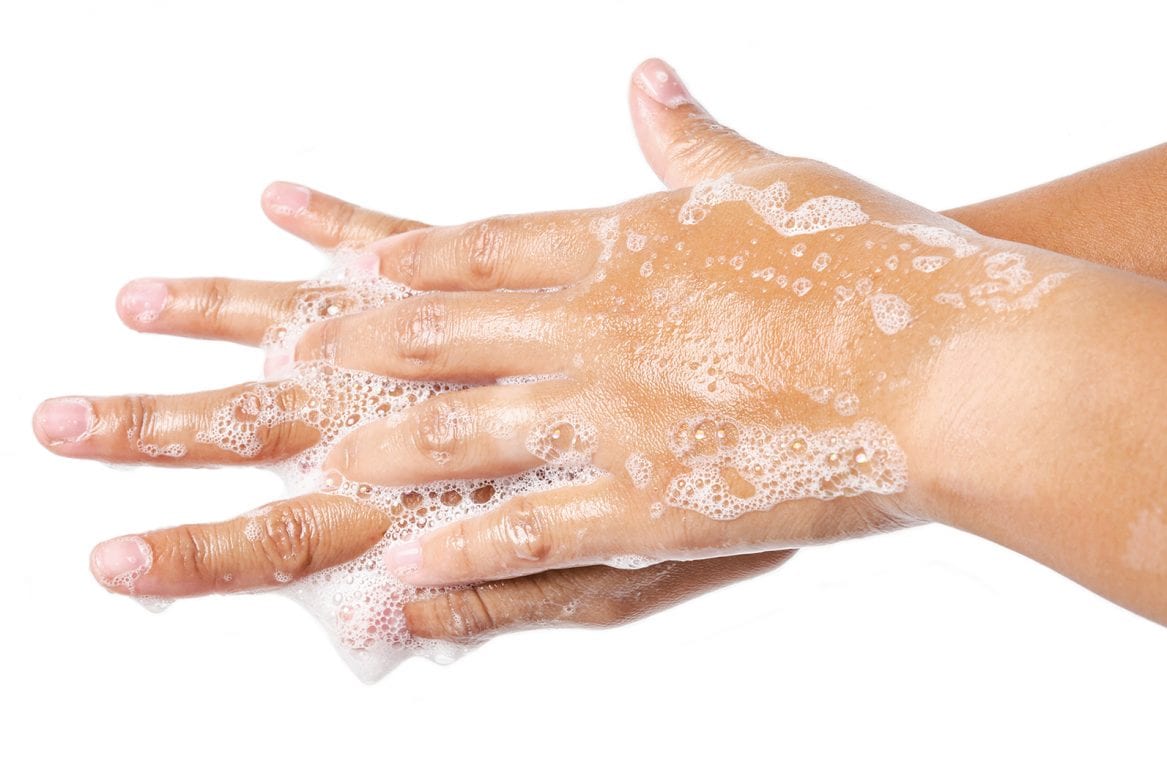In healthcare, there is time and place for washing hands

In healthcare, there is time and place for washing hands
Previously, prevention of contact transmissions has been attempted by washing hands with soap and water, which is very damaging for the skin when done repeatedly. Dry and rough skin caused by constant washing is problematic when it comes to preventing infections, because temporary microbiota grips to damaged skin easily and it is not as easy to destroy on damaged skin as it is on healthy skin. However, washing your hands is extremely important in certain situations and it is recommended to comply with the hospital environmental hygiene guidelines when washing your hands.

Dry hands have less microbes than moist hands. Gentle washing liquids, that wash the dirt from the skin, are used in hand washing. When using soaps, they remove the skin’s own oils and the skin’s protective layer can be damaged. With an abundant use of hand disinfectant, conditioning agents can build up on the skin, and the hands can feel sticky. In this case, rinsing with warm water and drying is enough. When using chemicals at home, it is advisable to use protective gloves.
Hand cleansing
According to the hospital environmental hygiene guidelines, washing hands with soap and water is recommended in the following situations:
- When coming to work
- When there is visible dirt or secretions on your hands
- Before eating
- After going to the bathroom
- When treating C. difficile or norovirus infected patients
Hands are washed with lukewarm water using gentle washing liquids or lotions that will wash the dirt off the skin. Using hand disinfectant after washing your hands reduces skin irritation.